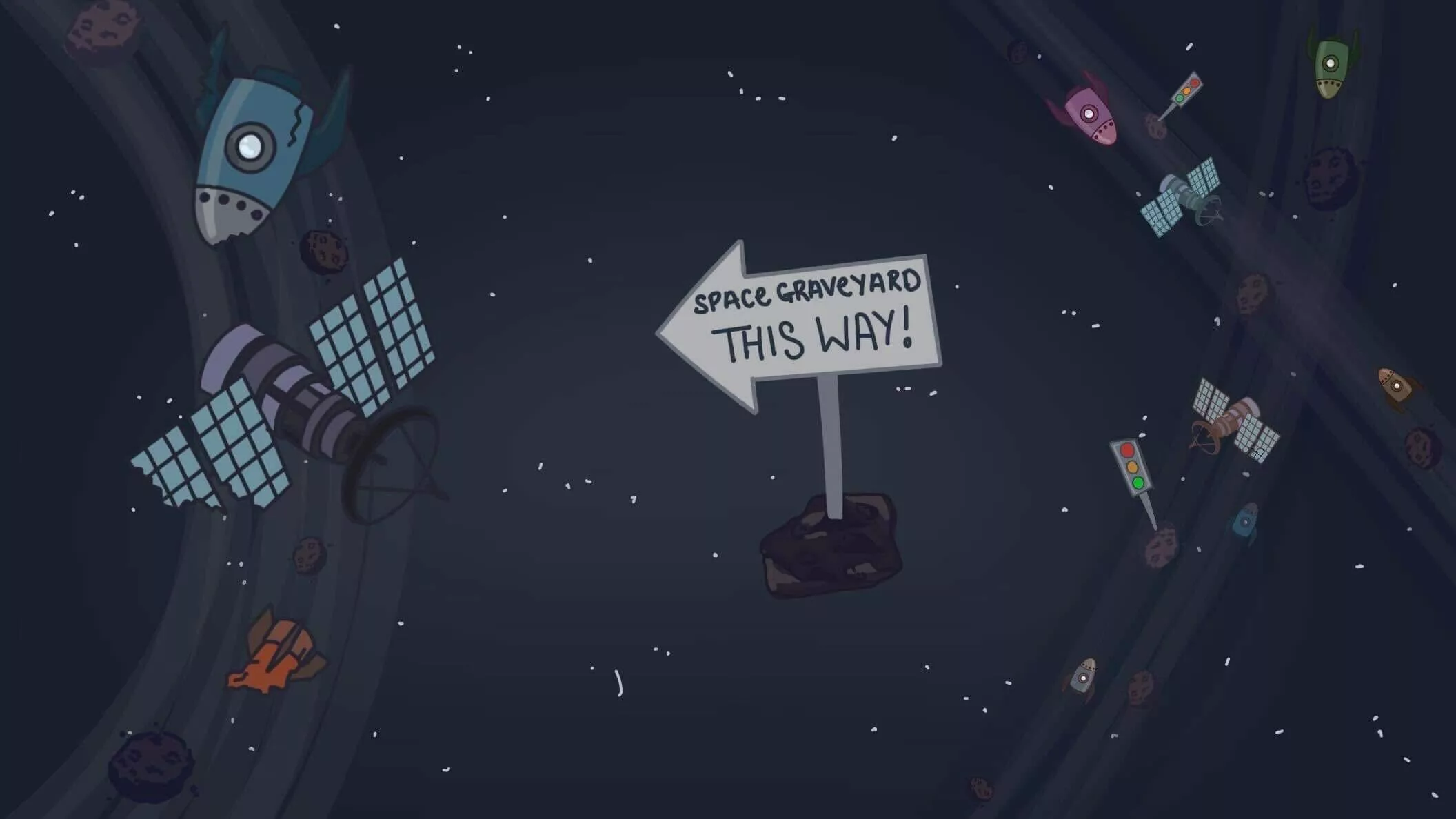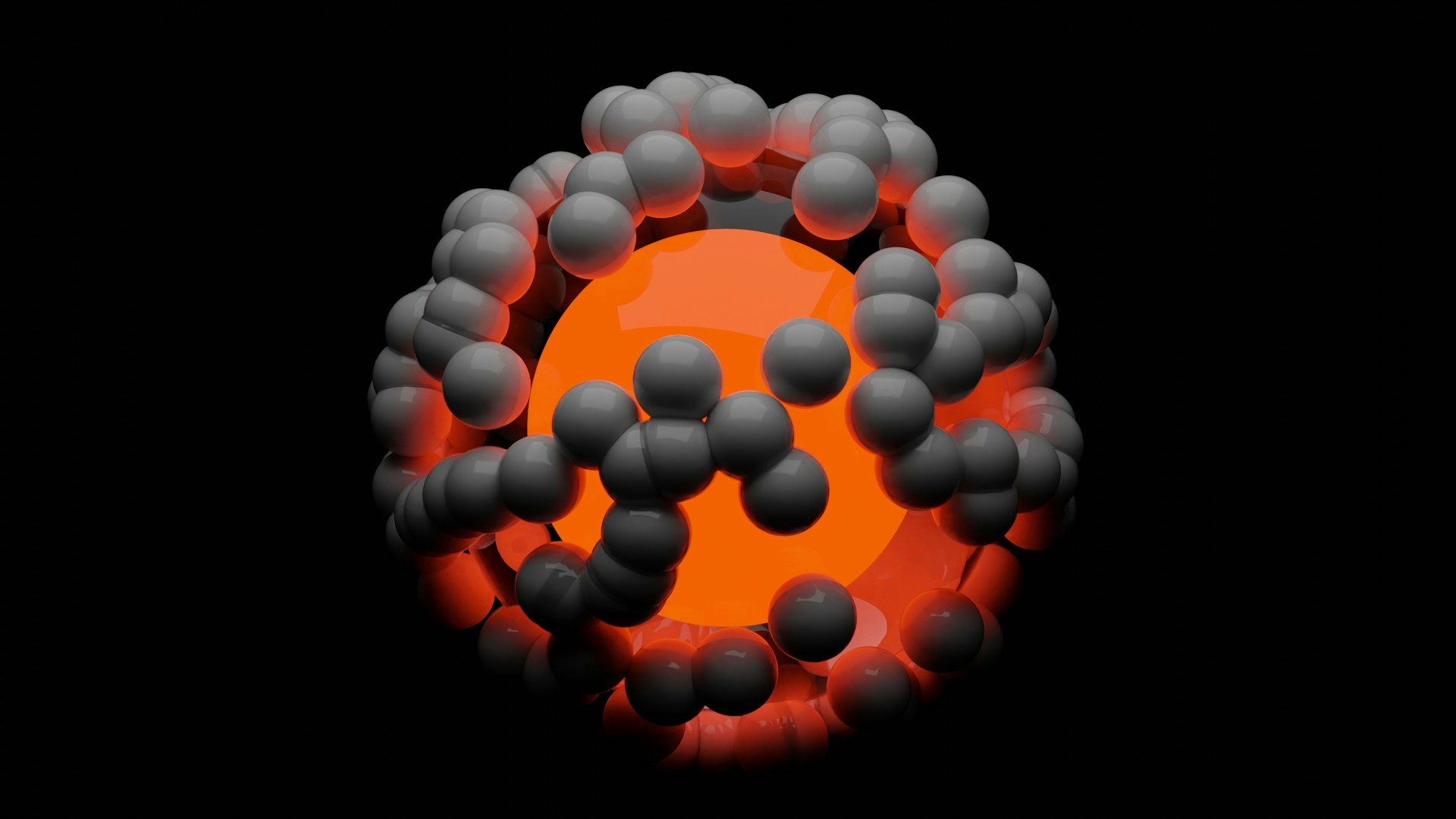The US Federal Communications Commission has issued the first fine for “littering” in space. Image credit: Niamh Walker
On 2 October this year, the US Federal Communications Commission (FCC) issued a $150,000 (£125,000) fine to DISH Network, a television provider, for failing to move one of its retired satellites to an agreed graveyard orbit. The fine marked the first of its kind for the FCC and comes as part of a crackdown on satellite policies as space looks to get ever busier in the coming years.
The US Federal Communications Commission issued a $150,000 (£125,000) fine to DISH Network, a television provider, for failing to move one of its retired satellites to an agreed graveyard orbit.
The term ‘space debris’ refers to bits of tech, such as old satellites and parts of spacecraft, that are no longer in use but still orbit the Earth. This debris poses a risk of collisions with other debris, in-use satellites, or space-craft. These collisions can cause smaller bits of debris to fly off at very high speeds, which then in turn may collide with another orbiting object, triggering a cascade reaction.
Scientists assure that the odds of a human being hit by falling space junk is very low (around one in a trillion) and there is only one record of someone being hit. However, there have been cases of space debris colliding with in-use technology within space, causing damage and creating even more debris. In 2009, an American communications satellite known as Iridium-33 collided with a retired Russian spacecraft, Cosmos-2251. This impact caused a great number of small chunks of both crafts to fly off, which now orbit the Earth as their own debris. More recently, in 2021, a flying piece of debris knocked a five-millimetre hole in a robotic arm on the International Space Station (ISS). Although five millimetres may not seem like a significant hole, any damage to the ISS causes major concern for both the astronauts living on it and their colleagues back on the ground.
To avoid more of these cosmic collisions, international governments have been issuing orbital debris mitigation guidelines. The USA, along with Russia, China, Japan, and the European Space Agency are working to enforce proper deorbiting of satellites, bringing them to a new orbital path that is out of the way of ones in use to reduce the likelihood of collisions. DISH Network’s EchoStar-7 satellite was first launched in 2002. When the satellite came to the end of its life in 2022, DISH network failed to move it to the safe orbit it had agreed upon with the FCC. The satellite ran out of fuel and was left after only 120km, when it was supposed to be moving a total of 300km. Failure to move the satellite to the agreed elevation ultimately led to the company’s fine.
As the space economy continues to grow, and space gets increasingly busy, it is vital that companies and operators comply with regulations set by bodies such as the FCC.
As the space economy continues to grow, and space gets increasingly busy, it is vital that companies and operators comply with regulations set by bodies such as the FCC. The use of this fine by the FCC sends a strong message that they are willing to enforce their authority in the future. Whilst there is currently no international treaty on orbital debris, it is necessary that the creation of new space junk is kept to a minimum to ensure safe paths through space for the years to come.





